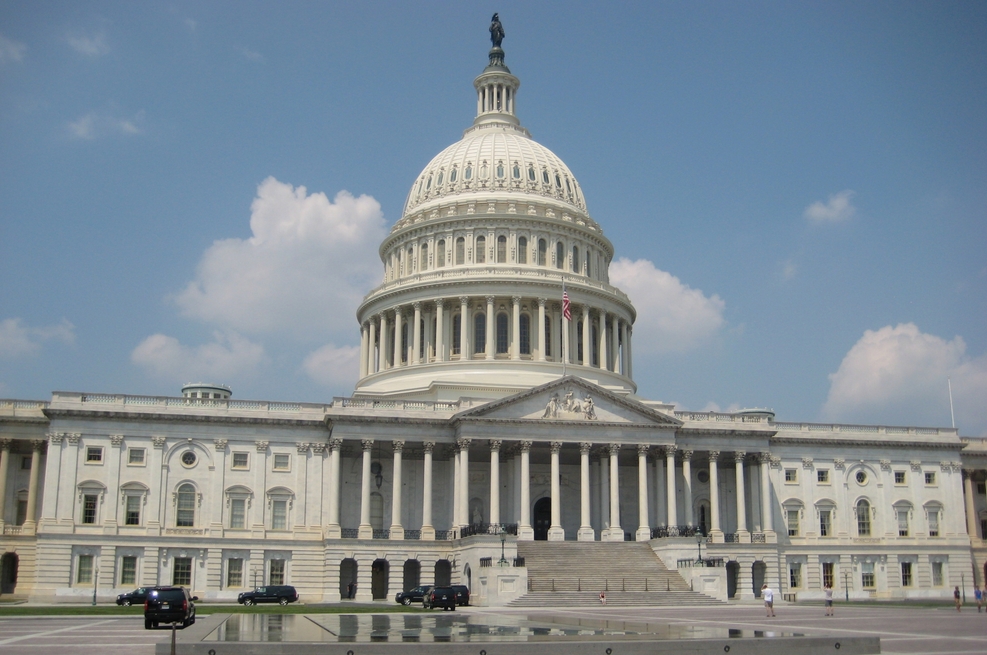In a letter to Alaska's Senator Murkowski on Friday, November 22nd, Darren Blue, the Assistant Commissioner of the U.S. General Services Administration, wrote that as soon as GSA became aware of concerns involving third-party certification program policies for Alaska's wild salmon, changes were made, omitting any reference to them.
The letter came as a result of a prior letter written by the Senator to the Department of Health and Human Services, General Services Administration and the National Park Service, where Murkowski criticized the government’s reliance on the controversial Marine Stewardship Council, (co-founded by the World Wildlife Foundation) and the Monterey Bay Aquarium (funded by the Packard Foundation) while observing that the government policy does provide leeway to permit “other equivalent groups” to be tapped for this service.
In that letter to HHS, GSA and NPS, the Senator said, “I am dismayed that several executive branch agencies appear to have ignored federal and state fisheries management expertise as they developed sustainable seafood guidelines. I have asked the Secretary of HHS, GSA Administrator and Director of the NPS to meet with me to explain how this policy was developed, and to discuss how to ensure that federal policy on sustainability clearly recognizes seafood produced in Alaska.”
In response, Blue wrote that he agreed with the Senator’s stance and testified on the concerns before the U.S. Senate Commerce Subcommittee on Oceans, Atmosphere, Fisheries, and Coast Guard on September 24th. He pointed out that GSA and Health and Human Services had intended for those guidelines to serve as helpful examples and not as eliminating factors. Blue states that the revised guidelines have omitted any reference to those third party certification systems.
Blue wrote in part, “American managed fisheries do not require third-party certification to demonstrate responsible and sustainable practices.”
Murkowski said in a release, “The federal government’s internal rules explicitly state ‘the government does not endorse any particular labeling or documentation system or program over another.’ Despite this, the National Park Service and other government agencies had begun to consult earlier this year with questionable groups like the Marine Stewardship Council to certify whether wild Alaska salmon is ‘sustainable’”
Senator Murkowski immediately went on the offense over Alaska’s salmon and held hearings, wrote letters and proposed legislation to remove the government’s relationship with these third-party groups and have the names taken out of its internal rules.
“Alaska has a sustainability mandate written in our Constitution and we take our fisheries management pretty seriously. At the federal level, NOAA is the agency with expertise on confirming fisheries sustainability, and it was disturbing to me that they were not involved in the development of the GSA or the Park Service guidelines,” said Senator Murkowski. “The revised guidelines on sustainability are a simple-but-significant improvement, and I appreciate the GSA making this change.”
The regional director of the Marine Stewardship Council, Kerry Coughlin, resigned from his position as the controversy continued over the sustainability issue late last month. Murkowski said of his resignation then, “These have been a rough couple of years of dealing with MSC from an Alaskan perspective. I can only hope that new leadership may bring a more reasoned approach and added scientific rigor to their work. This is an organization that began its work in Alaska as a valued partner, but more recently has taken on a confrontational and adversarial attitude toward the same fisheries that helped it get its start.”





